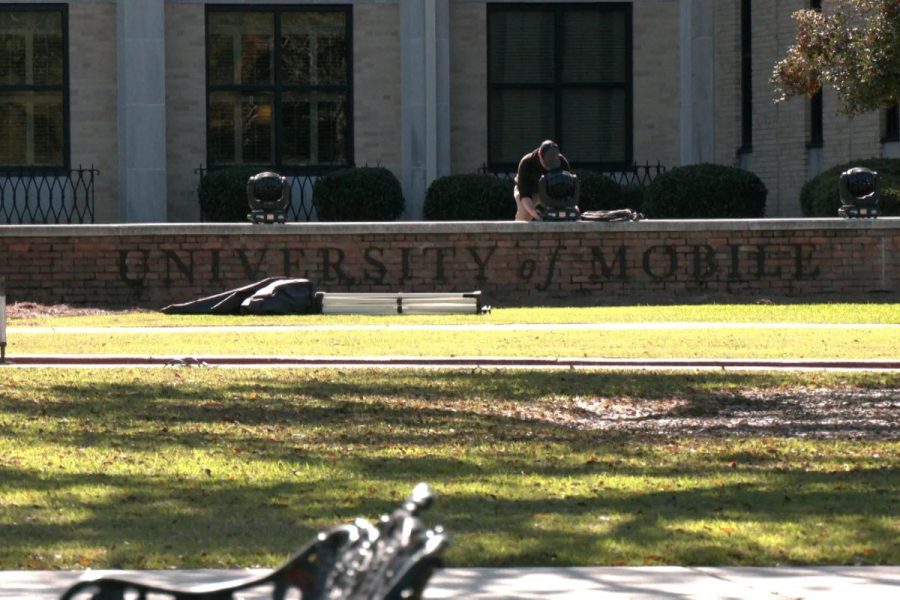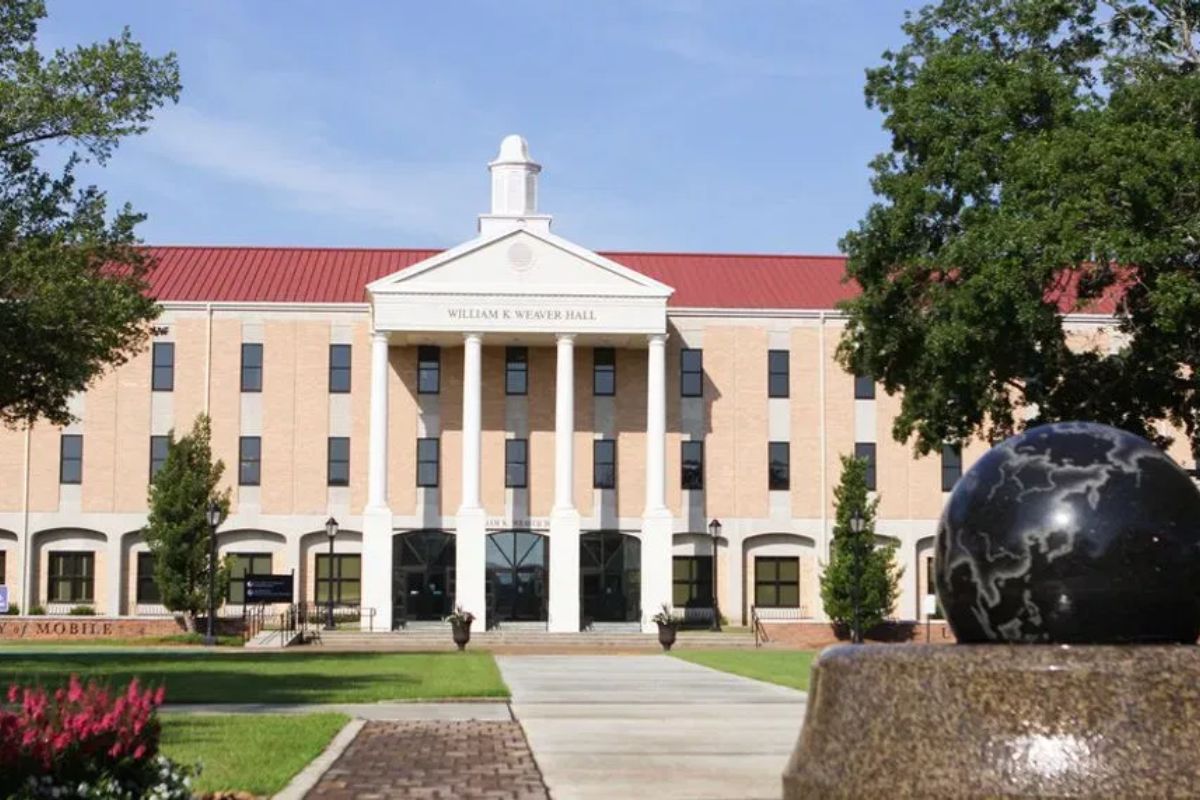University of Mobile Seeks Independence: The University of Mobile’s potential separation from Prichard has stirred controversy and concern among city leaders due to two bills introduced in the legislative session aimed at removing the institution from the city limits. Mayor Jimmie Gardner’s surprise at the proposed separation underscores the university’s significant 63-year presence in Prichard.
House Bill 303 and Senate Bill 212, the legislative vehicles for this potential change, argue for the necessity of improved infrastructure and growth opportunities for the University of Mobile.
Representative Mark Shirey, sponsor of HB 303, highlights the statewide implications, emphasizing the benefits for students across Alabama. However, State Representative Napoleon Bracy has criticized the lack of communication with Prichard officials and raised questions about the underlying motives driving this proposed de-annexation.
The implications of this potential separation extend beyond the university and could have far-reaching consequences for both Prichard and the University of Mobile. The debate surrounding this issue underscores the complexities and sensitivities involved in such a significant decision.
Community Reactions to University of Mobile’s Potential Move
Upon learning of the University of Mobile’s potential move, residents of Prichard have expressed a mix of disappointment and concern regarding the institution’s potential separation from the city.
Tawanda McGee, a resident, emphasized the university’s significant role as one of the few positive aspects in Prichard, underlining the adverse impact its departure would have on the community.
In contrast, Representative Shirey attempted to allay fears of economic repercussions by stating that the university’s de-annexation would not severely impact Prichard’s revenue due to its nonprofit status.
However, Mayor Gardner took a firm stance, promising to vigorously oppose any actions that could lead to the university’s departure. The reactions from the community reflect a deep-rooted attachment to the University of Mobile and highlight concerns about the potential consequences of its relocation.
As discussions unfold, stakeholders on both sides are grappling with the complexities surrounding the institution’s possible move and its implications for Prichard’s future.

ALSO READ: Alabama House’s Veteran Member Resigns Amid Federal Charges
Legislative Process and Future Steps
As the legislative process unfolds, the scheduled public hearing in Montgomery on April 3 will mark a crucial juncture in the proposed bills regarding the University of Mobile’s potential separation from Prichard, paving the way for Alabamians to vote on a constitutional amendment. The outcome of this hearing will greatly influence the future steps in this matter.
The University of Mobile’s decision not to comment has left the community speculating about the institution’s stance on the issue. Tensions between those supporting the separation and those advocating for the university to remain in Prichard continue to escalate as the discussion progresses.
| Legislative Process and Future Steps | |
|---|---|
| Key Points | Details |
| Public Hearing Date | April 3, 20XX |
| Location | Montgomery |
| Purpose | Discuss proposed bills |
| Impact | Potential vote on constitutional amendment |
| Stakeholders | Alabamians, University of Mobile |
News in Brief
University of Mobile’s potential separation from Prichard sparks controversy with House Bill 303 and Senate Bill 212 introduced in the state legislature. Community reactions reflect disappointment and concern among Prichard residents. A pivotal public hearing in Montgomery on April 3 will determine the next steps in the legislative process.
Mayor Gardner vows to oppose any actions leading to the university’s departure. The University of Mobile’s decision not to comment adds to the uncertainty surrounding the issue. Tensions rise between supporters and advocates as discussions progress.

